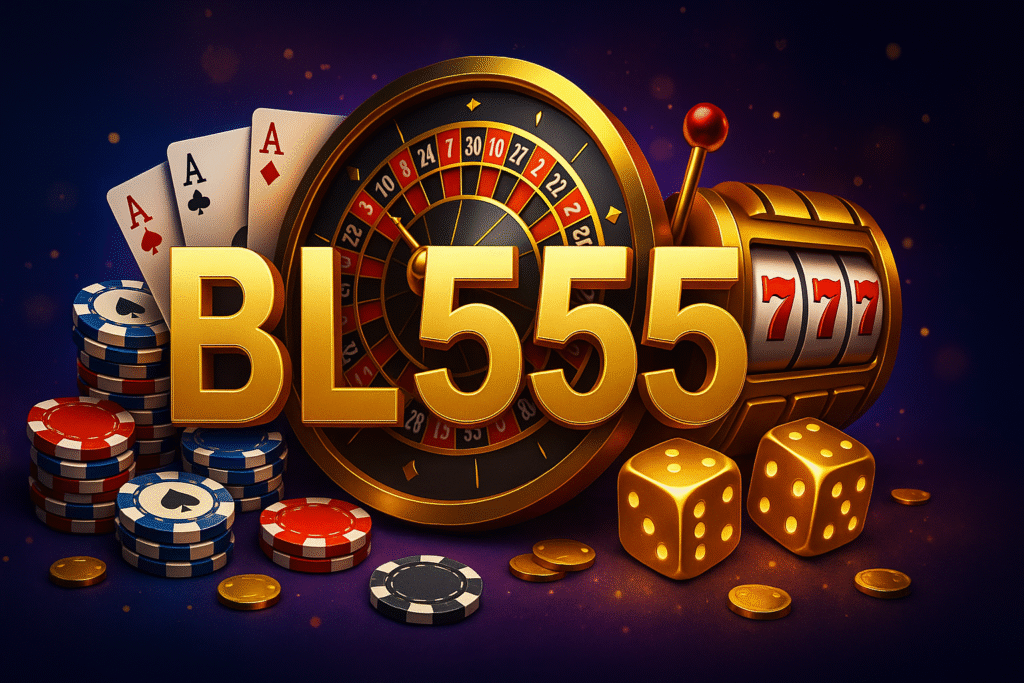
One of the most important technologies behind online casino games is the Random Number Generator, commonly known as RNG. It’s the invisible engine powering everything from slot machines to digital blackjack tables. On trusted platforms like BL5555 RNGs are used to ensure that every game outcome is fair, unpredictable, and unbiased. Understanding how this technology works can help players feel more confident and informed when placing their bets.
A Random Number Generator is a complex algorithm that produces a continuous stream of numbers at an incredibly fast pace—even when no one is playing. These numbers correspond to specific outcomes in a game. For example, in a slot game, each number may represent a different symbol on the reel. When you click “spin,” the RNG selects a number at that exact millisecond, which then determines the result you see on the screen.
RNGs are crucial because they eliminate predictability. Without them, it would be possible for players—or worse, dishonest operators—to manipulate outcomes. By using certified RNG software, online casinos can prove that their games are based purely on chance. That means each spin, card draw, or dice roll is entirely independent from the one before. There’s no memory, no pattern, and no way to “game” the system over time.
There are two main types of RNGs used in the industry: Pseudo-Random Number Generators (PRNGs) and True Random Number Generators (TRNGs). PRNGs are more common in online gaming because they are fast and efficient. They use a seed number and complex mathematical formulas to generate results. Though technically not truly random, a well-designed PRNG is impossible to predict and more than sufficient for fair gaming. TRNGs, on the other hand, rely on natural sources of randomness, like atmospheric noise, and are usually reserved for highly sensitive or regulated systems.
Reputable online casinos work with independent testing agencies such as eCOGRA, iTech Labs, and GLI to certify their RNG systems. These agencies audit the software to ensure that it meets fairness and reliability standards. They test millions of simulated game rounds to verify the statistical integrity of the outcomes. If the RNG passes all the tests, the casino earns certification, which players can usually verify in the site’s footer or “About Us” section.
RNGs also ensure that advertised Return to Player (RTP) rates are accurate over time. For instance, if a slot has an RTP of 96%, that doesn’t mean you’ll win $96 for every $100 wagered in a single session. Rather, over millions of spins, the machine is programmed to pay back 96% of all bets placed. The RNG helps distribute those wins randomly so that some players might hit a jackpot while others may experience a losing streak.
One of the biggest misconceptions among new players is the idea of “due” wins. Because outcomes are randomized, there is no such thing as a machine being “hot” or “cold.” Each round is a separate event with the same odds, regardless of past results. This is why chasing losses or assuming a win is around the corner is a flawed strategy. RNGs are designed to make every play completely independent.
To enjoy RNG-powered games safely, it’s best to play on licensed and well-reviewed platforms. Avoid shady or unregulated sites where the fairness of the RNG can’t be verified. Sticking to established operators gives you peace of mind that the games are being run properly and transparently.
In conclusion, Random Number Generators are the foundation of fair play in online casinos. They make sure every spin, shuffle, and roll is unpredictable and unbiased. Knowing that a certified RNG is behind your game allows you to focus on the fun without worrying about manipulation. For players seeking both excitement and fairness, understanding RNGs is a step toward becoming a more informed and responsible gambler.